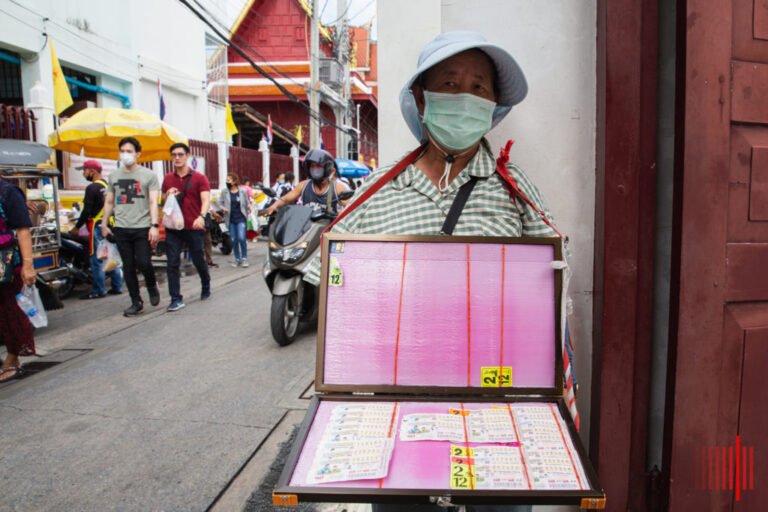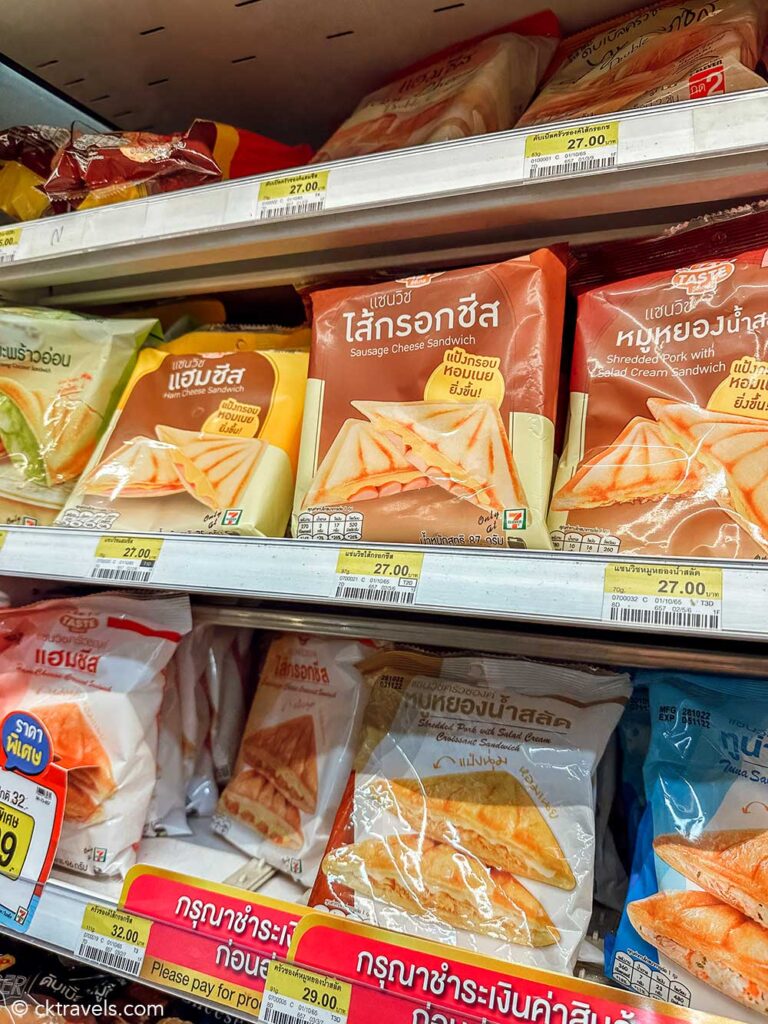Getting to Understand the Thai National Lottery
The Thai National Lottery plays a significant role in Thai culture and serves not only as a means of entertainment but also as a source of funding for social welfare programs. Instituted in 1933, it has evolved into a major event that captivates citizens and visitors alike. Given the growing interest in the lottery among tourists, it is essential to understand its workings, history, and cultural implications.
The Thai National Lottery consists of various games, with the most notable being the official government-run lottery drawn bi-monthly. Participants can purchase tickets from authorized vendors, ensuring legitimacy and combating fraud. The tickets themselves are printed with distinct serial numbers, making each one unique, and can usually be found in pairs. The lottery draws an array of prizes, with the jackpot offering substantial rewards, contributing to its widespread popularity.
Historically, the Thai lottery was established to help reduce illegal gambling and generate revenue for state projects. Over the decades, it has become embedded in the fabric of Thai society, with many considering it a traditional practice. Residents often believe in lucky numbers related to personal or cultural significance. Various rituals and practices are tied to lottery participation, revealing the strong connection between the Thai people and this form of gaming.
In terms of regulation, the Thai National Lottery is overseen by the Government Lottery Office (GLO), which ensures that it operates transparently and fairly. Rules regarding ticket sales, prize distribution, and claims have been structured to maintain order and protect participants. As such, inquiries about whether a tourist can win the Thai lottery have become common, reflecting the interest of non-residents in this aspect of Thai culture.
Eligibility Requirements for Tourists
Participating in the Thai National Lottery as a tourist is an exciting prospects for many visitors to Thailand. Understanding the eligibility criteria is essential to ensure a smooth experience. Firstly, there are age restrictions in place; participants must be at least 20 years old to legally purchase and hold a lottery ticket. This age requirement aligns with Thai laws regarding gambling and ensures that individuals participating in the lottery are of legal age.
Documentation is another critical aspect for tourists who wish to engage in the Thai lottery. Tourists must present a valid passport upon purchasing lottery tickets. This identification serves to verify their age and also confirms their status as a visitor in the country. Importantly, tourists do not need to be residents of Thailand for a specific duration before entering the lottery, making it accessible to anyone visiting the country who meets the age requirement.
Cautious About the Ticket’s Authenticity
Acquiring lottery tickets in Thailand is straightforward for tourists. Tickets can be purchased at various authorized vendors, which are often located in busy areas such as markets and tourist hotspots. It’s advisable for tourists to be cautious about the ticket’s authenticity and to ensure that they are buying from legitimate sources to avoid scams. Additionally, tourists may want to consider setting a budget for their lottery participation to avoid overspending, as the allure of winning the Thai lottery can be enticing.
In conclusion, tourists can indeed participate in the Thai lottery, provided they fulfill the necessary age requirement and possess valid documentation. With the information outlined here, tourists can enjoy the experience of trying their luck in the Thai National Lottery, well-informed about what is required to do so responsibly.
Eligibility Requirements for Expats
Understanding the eligibility requirements for expatriates wishing to participate in the Thai National Lottery is crucial for anyone residing in Thailand. Unlike tourists, whose participation in the lottery is restricted, expats often have more opportunities albeit with specific conditions. One primary requirement is that expatriates must hold a legal residency status in Thailand. This means they should possess either a work permit, student visa, or retirement visa. Tourists, on the other hand, do not meet this criterion and are consequently excluded from taking part in the national lottery.
Identification is another essential component of eligibility. Expats must provide valid identification, typically an Alien Certificate or a passport that showcases their residency status. This documentation helps prove their identity and legal right to play the lottery. In comparison, tourists tend to rely on their passports for identification but stay in a category that disallows them from purchasing lottery tickets.
Local Thai Lottery Regulations
Moreover, there are distinct regulations that apply specifically to foreign nationals, which may further complicate their participation. For instance, while tourists staying in Pattaya Hotels can buy lottery tickets, they may need to be aware of the local lottery regulations and how they differ from what they might have experienced in their home countries. Legal age restrictions, ticket purchasing locations, and understanding the lottery rules in Thai are also crucial factors for expats to consider when attempting to participate.
Ultimately, while expats have the advantage of being able to engage in the lottery, they must navigate a series of requirements that ensure compliance with Thai law. This understanding not only clarifies the rights of expatriates but also emphasizes the contrasts between the rules governing tourists and those governing local residents. By grasping these nuances, expats can better assess their chances and opportunities in the Thai lottery sphere.
Claiming Winnings and Legal Considerations
Claiming winnings from the Thai National Lottery involves a clear and structured process, and it is essential for both tourists and expats to understand the necessary steps to ensure compliance with local regulations. To begin with, once a player verifies that they possess a winning lottery ticket, it is vital to confirm the winning status by checking the official announcement, which can be found on various platforms including the official Thai Government Lottery Office website.
After validating the ticket, winners must proceed to collect their prizes. For smaller amounts, typically under 20,000 Thai Baht which is plenty enough to consider purchasing your next Pattaya flight ticket, players can redeem their winnings directly at authorized retailers. However, for larger amounts, winners are obligated to visit one of the designated offices belonging to the Thai Government Lottery Office for processing. It is crucial to bring proper identification, such as a passport for tourists or an official ID for expats, to facilitate the claim process smoothly.
Possible Taxation on Earnings
Tax implications also warrant attention. In Thailand, winnings from the lottery are subject to a withholding tax of 0.5% on amounts exceeding 20,000 Baht. Therefore, it is advisable for winners to prepare for potential taxation of their earnings, ensuring that they receive the net amount due after taxes are deducted. Understanding local laws regarding these tax obligations can help avoid unexpected financial burdens.
Legal considerations extend beyond just tax matters; winners should be aware of the rules governing lottery participation. Tourists are allowed to play the Thai lottery, but they must adhere to regulations applicable to both locals and foreigners. Moreover, it is advisable to keep all documentation safe and maintain compliance with local laws throughout the entire process. Failing to do so could lead to complications in claiming winnings. By understanding and adhering to these legalities, participants can confidently navigate the landscape of the Thai lottery without experiencing potential pitfalls.







